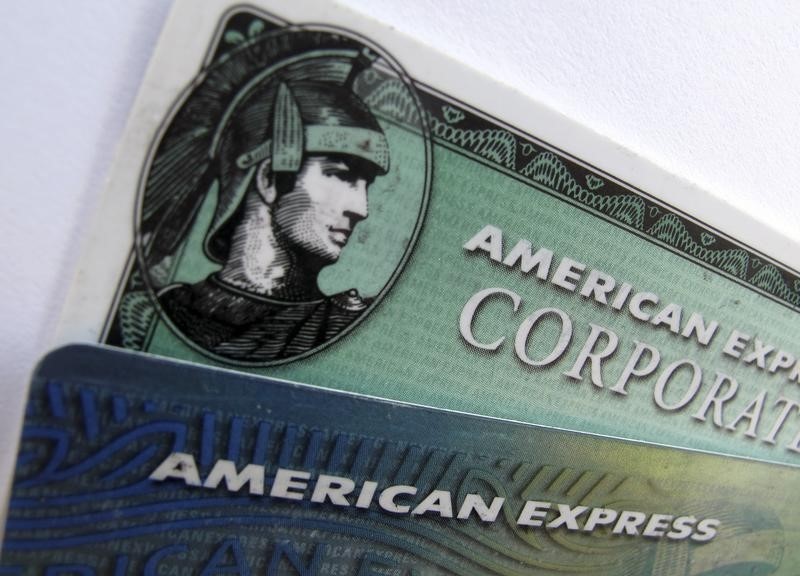American Express (NYSE:AXP) reported a mixed financial performance in the second quarter, with earnings surpassing analysts' expectations but revenue falling short.
The company's adjusted earnings per share (EPS) rose 21% to $3.49, exceeding the analysts' estimate of $3.23. However, revenue for the quarter was $16.3 billion, not meeting the consensus estimate of $16.59 billion.
Despite the revenue shortfall, shares of American Express declined marginally by -1.9%, indicating a tempered response from investors to the company's revenue miss.
Chairman and CEO Stephen J. Squeri highlighted the company's achievement of record quarterly revenue, which represented an 8% increase from the $15.1 billion reported in the same period last year, or 9% on an FX-adjusted basis.
The growth was attributed to higher net interest income, a rise in Card Member spending, and sustained growth in card fee revenues.
American Express also reported a significant 44% increase in reported EPS to $4.15, which included a $0.66 gain from the sale of Accertify.
Looking ahead, American Express raised its full-year EPS guidance to a range of $13.30 to $13.80, above the analysts' consensus of $12.97. This updated outlook reflects the company's confidence in its core business and its ability to deliver strong earnings without relying on the transaction gain from Accertify's sale. The company also reaffirmed its revenue growth forecast of 9% to 11% for the year.
Squeri expressed optimism about the company's direction, noting the substantial growth in the scale of the business, including a nearly 50% increase in revenues and a 40% rise in Card Member spending since the end of 2021.
He also mentioned the addition of approximately 23 million new cards and over 30 million merchant locations, emphasizing the earnings power fueled by the company's scale, premium customer base, and controlled expenses.
The second quarter also saw consolidated provisions for credit losses of $1.3 billion, up from $1.2 billion a year ago, reflecting higher net write-offs. Total consolidated expenses increased slightly to $11.3 billion, up 1% from the previous year, mainly due to higher variable customer engagement costs and increased marketing investments.
American Express maintained a stable consolidated effective tax rate of 20.4%, slightly down from 20.5% in the prior year. The company's financial health appears robust, with a well-managed expense base and strategic investments that continue to strengthen its Membership Model.
